Home » Treatments » Benzodiazepines Detox
Benzodiazepines Detox
- Cheree Ashley
- Medically Reviewed
Benzodiazepines Detox Program
Benzodiazepines are prescription medications that are usually prescribed for people suffering from anxiety. When they are taken as directed by a physician, for a short time, they are effective in alleviating patients with anxiety-related mental illnesses. However, because benzodiazepines (called benzos, for short) are one of the most prescribed drugs in the U.S., accessibility makes it easy for people to abuse them. That can quickly lead to physical dependence and addiction.
If you are ready to stop using benzodiazepines, a detoxification program should be your first step. The detox process is usually a short program in which your body rids itself of benzos and any other substances you may have used. In a detox program, you will be medically monitored to ensure your safety during the withdrawal process. Medical professionals will help you stay as comfortable as possible as you detox.
What Is Benzodiazepine Abuse and Detoxification?
People who take benzodiazepines like Valium, Klonopin, and Xanax, are prescribed the medication by a doctor or psychiatrist in specific doses, to be taken at specific times. Some may be prescribed to be taken “as needed,” during stressful or anxiety-ridden times, but only for a short period of time. They often seek additional help with therapy so that they can discontinue the use altogether.
When a person who suffers from anxiety takes benzodiazepines for relief, they don’t experience feelings that are pleasant or interesting, they simply feel less anxious. However, people who do not have anxiety disorders that take benzodiazepines may feel relaxed or even euphoric. Unfortunately, either scenario can end up in physical dependence and addiction, with anxiety sufferers becoming dependent even through prescribed usage, and non-sufferers through recreational use that escalates. At that point, a medical detox program is often the first step in getting better.
The Effects of Benzodiazepines Abuse on The Body
Benzodiazepines, like all other medications, come with specific side effects that become more serious with excessive use. Prolonged use of benzos may cause the following:
- Dry mouth
- Drowsiness, dizziness, or sedation
- Change in appetite and weight
- Nausea, vomiting, or constipation
- Difficulty focusing or concentrating
- Blurred vision
- Irritability
- Depression
The more severe side effects of prolonged benzodiazepine abuse include:
- Mania
- Auditory or visual hallucinations
- Suicidal ideations and actions
- Aggressive or violent behavior
- Brain damage
- Seizures
- Death
What Are the Symptoms of Benzodiazepine Detox?
Benzodiazepine withdrawal symptoms may be different for different people. However, there is an estimated timeline that many people experience when they stop using benzos. It’s important to note that you should never stop taking benzos cold turkey. The withdrawal symptoms can be life-threatening when the drug is abruptly stopped. Always consult a medical professional or attend a medically supervised detox program to stop safely.
There are three phases that usually occur in benzodiazepine withdrawal. They are:
Early Withdrawal Symptoms
The first symptoms that may appear during benzodiazepine withdrawal are called rebound symptoms. They typically start shortly after benzo use is stopped. However, the length of time it takes depends on the half-life of the benzo being taken. For example, Xanax is a shorter-acting drug than Valium. That means that withdrawal symptoms may start sooner for someone detoxing from Xanax.
In early withdrawal, you may notice that the same reasons you began taking benzodiazepines are returning, or rebounding. Symptoms like insomnia and anxiety may rebound and be worse than they were before.
Acute Withdrawal Symptoms
The next phase is acute withdrawal, which starts a few days after the initial symptoms. Symptoms during this phase usually last between five days and a month but can last longer for some people, even up to several months. Most of the withdrawal symptoms associated with benzos occur during this phase. They include:
- Nausea
- Muscle pain and stiffness
- Hypertension
- Irregular heart rate
- Tension
- Panic attacks
- Tremors
- Difficulty concentrating
- Short-term memory loss
- Anxiety
- Irritability
- Disturbed sleep
- Headache
- Heart palpitations
- Sweating
Post-acute Withdrawal Symptoms
After the acute withdrawal of benzodiazepines, most of the physical symptoms will have subsided. However, there are still lingering effects, though they are more emotional and psychological.
Post-acute withdrawal symptoms include:
- Anxiety
- Insomnia
- Depression
- Mood swings
- Poor concentration
- Reduced sex drive
It’s important that detoxification from benzodiazepines be done under the care of a doctor. It’s also recommended that continued treatment is sought for the post-acute withdrawal symptoms that can plague individuals long after they stop using benzos.
How Long Will It Take to Detox from Benzodiazepines?
The symptoms of benzodiazepine withdrawal usually start in one to three or four days after the last use of the drug. The exact amount of time depends on the specific benzo being taken, how long it was taken and in what doses, and whether it was taken with any other substances. Some benzodiazepines are shorter-acting, and some are longer-acting, which will also have an impact on the length of withdrawal. People who take benzodiazepines exactly as prescribed, without abusing them or combining them with other drugs, are still likely to suffer withdrawal symptoms if they stop taking the drug. They should always contact their doctor so they can be safely tapered off of the medication.
How to Recognize if Benzodiazepine Detox May Be Right For You
- You are focused on using benzos every day
- Your attempts to stop using benzodiazepines in the past have failed
- Your thoughts are consumed about how to stop using crystal meth
- You spend excessive amounts of time using benzos or trying to get more
- You use more medication than you intend to
- You neglect other responsibilities (school, work, family, etc.) when using benzodiazepines
- You experience withdrawal symptoms when you try to stop using benzos
- You need to use more medication to get the same high you used to
- You use benzodiazepines despite negative consequences
What Are the Different Types of Detox?
Most drug and alcohol treatment centers are equipped to handle detoxification from numerous substances. Your vital signs and medical condition will be monitored to keep you safe and as comfortable as possible as you detox. Typically, detox is offered for the following substances:
- Alcohol
- Barbiturate
- Benzodiazepines
- Cocaine
- Crystal Meth
- Fentanyl
- Heroin
- Hydromorphone
- Lortab
- Morphine
- Norco
- Oxycodone
- Percocet
- Tramadol
- Vicodin
Getting Help and Benzodiazepine Detox
A medically supervised detox program is essential for people who want to stop using benzodiazepines. Not only will that make detox more comfortable, but it is also the safest way to detox from this type of drug. However, detox is only the first step of recovery – it will not create lasting change on its own.
After completing a detox treatment program, it will likely be recommended that you continue treatment with inpatient or outpatient treatment. This is vital because that is where you will learn important skills that will help you stay clean and sober. These programs provide treatment for the underlying mental health conditions that contribute to addiction, education about addiction, group and individual therapies, life and coping skills, and relapse prevention techniques, which are all the things you’ll need to start a new life of recovery.







